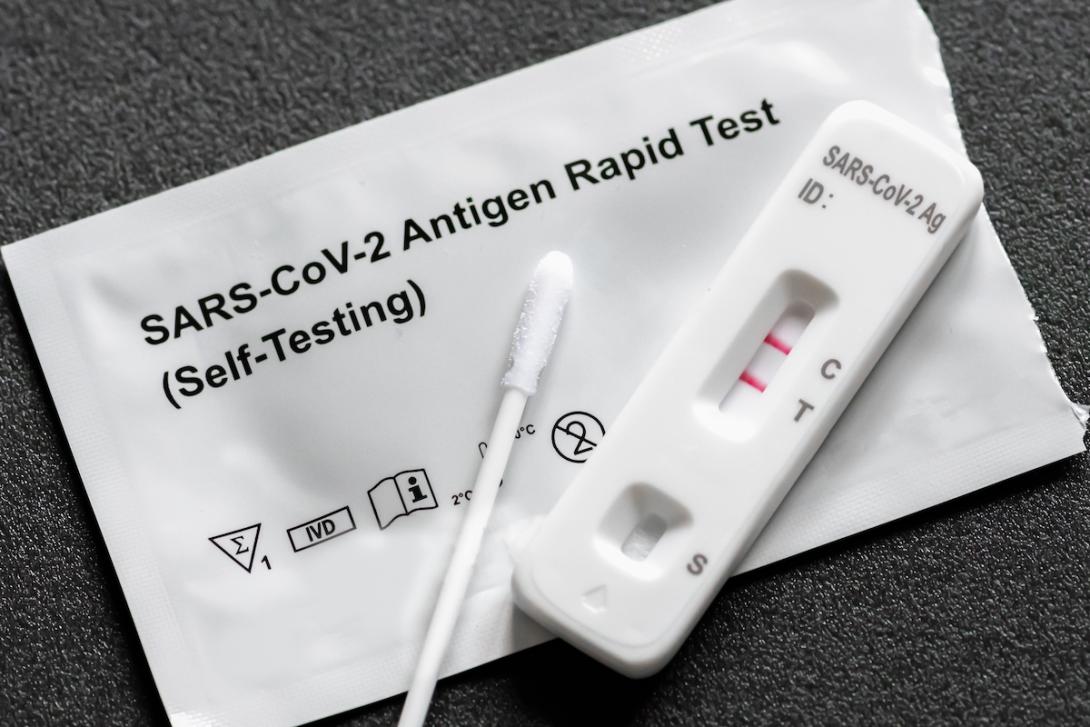
Until Saturday morning, Oregon’s number of cases of novel coronavirus had held steady at three. But that didn’t mean the virus had stopped spreading. The Oregon Health Authority announced four new cases Saturday morning, more than doubling the state total.
The Multnomah County Health Department says that over the course of the last week, their phones have been clogged with health care providers concerned their patients have the coronavirus, SARS-CoV-2.
“We’ve had about 150 calls this week,” said Lisa Ferguson, the Multnomah County Health Department communicable disease manager. “Most of them have been health care providers asking about the testing. The majority of those people have not met the current testing criteria.”
Right now, the Oregon Health Authority is limiting testing to patients who have severe pneumonia requiring hospitalization and to people who have had contact with confirmed coronavirus cases. They just don’t have enough tests to check everyone. That means, until more testing happens, there’s no real way of knowing how far the disease has spread in Oregon.
Nurses around the state also report seeing patients with COVID-19 symptoms.
Larlene Dunsmuir is a practicing nurse and the executive director of professional services for the Oregon Nurses Association. They’ve heard from a couple of sources that patients were coming into outpatient clinics with respiratory symptoms and being tested for flu and strep — a first test toward confirming they don’t have those diseases and might have coronavirus.
“And then the flu and strep tests come back negative, and the patients go back to their homes and they go back into the community,” Dunsmuir said.
Those patients can then pass on the disease to other people. Ferguson advises that patients who are sick but don’t necessarily need medical treatment should wait to try to get tested and just stay home. If they do have the virus and go to the doctor’s office, they could pass it on to other people. If they don’t have the virus, a doctor’s office is a good place to catch it.
Ferguson said that people shouldn’t hesitate to seek care if they start feeling sicker, but she advises to “call your doctor ahead of time and talk to them about being seen.”
That gives the doctor time to prepare and make sure they take necessary precautions around a potentially contagious patient.
Dunsmuir is convinced that the disease is spreading in the community, as is Ferguson. But both agree that it’s not an outbreak like the Seattle area has — yet.
“If you’re healthy, you don’t need to stay home,” Ferguson said. That’s true even if you’re in an at-risk age group or have pre-existing conditions. But she does advise that older people should avoid large gatherings, particularly if they know someone there is sick. And they should still take standard precautions like washing their hands. Trips to the grocery store are still OK.
“It’s the calm before the storm,” Dunsmuir said. And we should take advantage of that to make sure the people around us have access to everything they need.
Ferguson said that the relative quiet means that now is a good time to connect with your neighbors, especially if you haven’t talked to them before.
“Ask them if they might need help. See who they have to help out,” Ferguson said. “If we start to have more cases, we may ask at-risk people to stay at home. So if they do need something, you’re there, and you can help them.”
That help could include picking up groceries, or even just checking in on people who live alone to make sure they’re OK.
Even if the outbreak fizzles out, at least we’ll have strengthened our community.